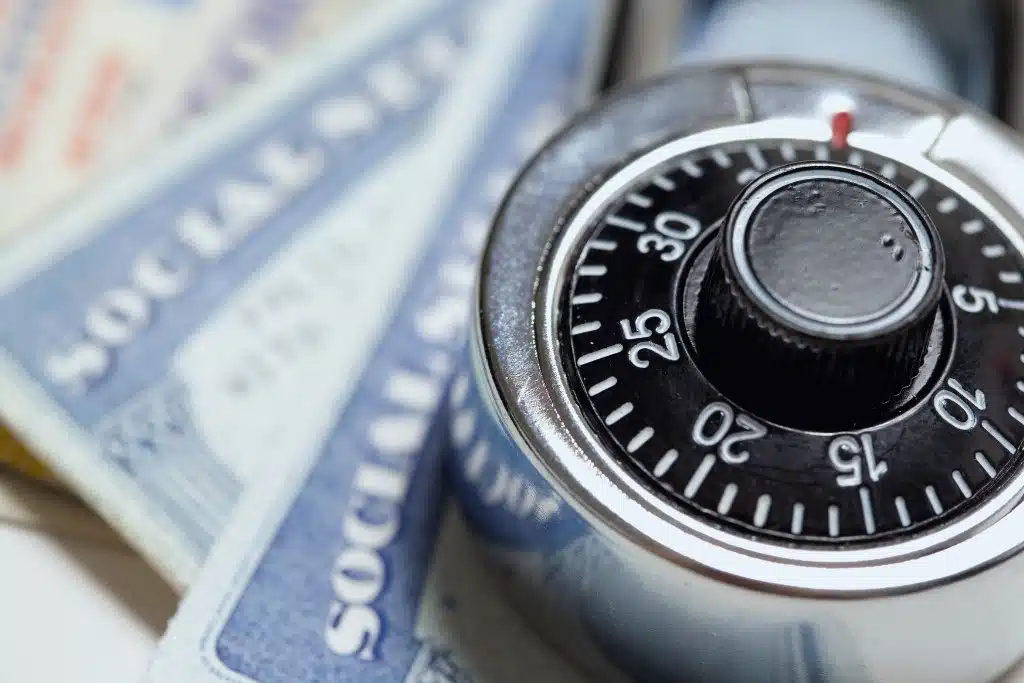How to Respond to ID Theft
If you suspect your identity has been stolen, it’s important to act quickly. This guide gives you step-by-step actions to limit the damage, report the crime, and recover your financial health—without panic or shame.

- Report identity theft right away—this helps limit your financial losses and makes recovery faster.
- Federal law gives you the right to dispute fraudulent accounts and block them from your credit file.
- Placing a free credit freeze prevents thieves from opening new credit in your name.
- You can create a personalized recovery plan at IdentityTheft.gov.
- Keep records of every call, letter, and email with banks, lenders, or credit bureaus during recovery.
How to Respond to ID Theft: Step-by-Step
-
Act Immediately
As soon as you notice suspicious activity or receive notice of identity theft, don’t wait—moving fast is key. -
Place a Fraud Alert on Your Credit Reports
Contact one of the three major credit bureaus (Equifax, Experian, or TransUnion). They must notify the others for you. -
Freeze Your Credit
Place a free security freeze with all three credit bureaus to stop new credit accounts from being opened in your name. -
Report the Theft to the FTC
Visit IdentityTheft.gov to file a report and get a personalized recovery plan. -
Contact Your Banks and Creditors
Report fraudulent activity, close or freeze affected accounts, and ask for new account numbers and cards if needed. -
Dispute Fraudulent Accounts and Charges
Notify creditors and credit bureaus in writing. Provide copies of your FTC report and any police report if available. -
File a Police Report (if required)
Not always required, but your bank, creditor, or local law enforcement may ask for one to support your case. -
Monitor Your Credit and Accounts
Check your credit reports and financial statements frequently for at least 12 months. Report anything new right away. -
Keep Records of All Communications
Document every phone call, email, and letter throughout your recovery process—this helps if you need to prove your case later.
What to Expect After Identity Theft
- Recovery takes time: Resolving identity theft can take days, weeks, or even months depending on the extent of the fraud.
- Some stress is normal: It’s common to feel anxious or frustrated, but following each step calmly will help you regain control.
- Communication is critical: You may need to follow up with banks, creditors, or credit bureaus several times.
- Legal rights protect you: Federal law requires credit bureaus and lenders to block fraudulent accounts and remove false information.
- Help is available: Nonprofit counselors, the FTC, and some local law enforcement agencies can support your recovery at no cost.
Pro Tips & Common Mistakes to Avoid
- Act quickly—even if you’re unsure: Don’t wait for proof of fraud; taking action early can stop additional damage.
- Keep detailed records: Save every letter, email, and note from calls. You may need these to resolve disputes.
- Contact the right agencies: Always use official websites or phone numbers for banks, bureaus, and the FTC—never links in emails or texts.
- Don’t ignore small charges: Thieves sometimes test stolen info with tiny transactions first. Report anything suspicious.
- Don’t pay anyone promising a “quick fix”: Avoid companies that guarantee instant credit repair—recovery takes time and you have rights under federal law.
How Monique Recovered After Identity Theft
Monique, a 29-year-old teacher, received a letter about a credit card she never opened. She noticed new accounts on her credit report and strange charges in her bank statement.
Monique acted fast: she filed a report at IdentityTheft.gov, froze her credit with all three bureaus, and contacted her bank and the credit card company. She also kept a record of every phone call and email about her case.
It took a few weeks, but the fraudulent accounts were removed, her bank refunded the stolen funds, and her credit file was restored. Monique now monitors her credit every few months and uses strong passwords for all accounts.
The result? Monique’s quick actions and recordkeeping helped her fully recover and made her more vigilant about protecting her identity.
Frequently Asked Questions
What’s the very first thing I should do if I suspect identity theft?
How do I freeze my credit after identity theft?
Can I recover money stolen from my bank account?
Is filing a police report required?
How long will it take to recover my credit?
Where can I get more help if I’m overwhelmed?
Need Support Responding to Identity Theft?
If you’re facing identity theft or feeling overwhelmed, our nonprofit counselors can help you every step of the way—from urgent action to rebuilding your finances. There’s no cost, no judgment—just real answers.
Talk to a Counselor
About the Author
Rick Munster is a personal finance expert and author with over 23 years of experience in the credit counseling industry. He currently serves on the board of directors for the Financial Counseling Association of America and has published more than 250 articles on personal finance. Over the course of his long-standing career at Money Fit, a nonprofit credit counseling organization, Rick’s insights have been featured by several news outlets on topics such as credit counseling, debt management, and financial education.
